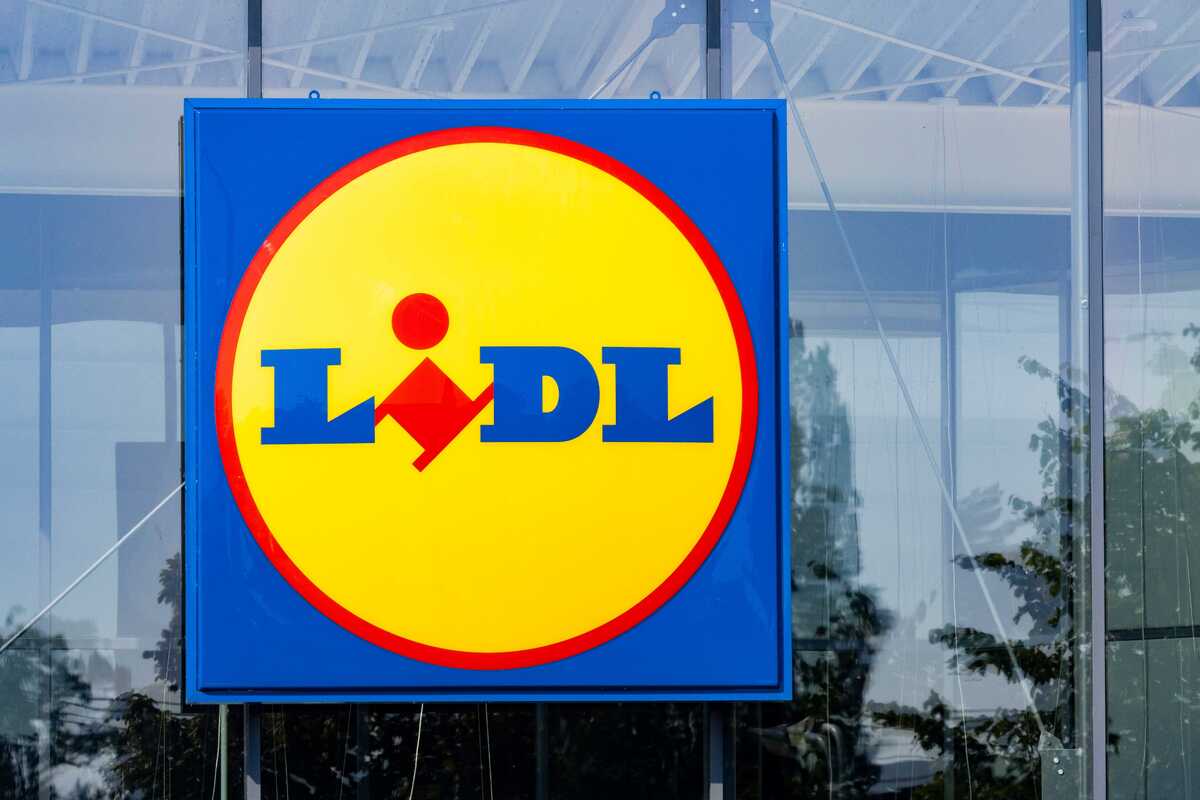How to navigate the climate crisis with your guests
If you have statements to make about your brand’s climate consciousness, you need to be aware of your audience to get it right, says Mark Stretton
The implications of climate change are increasingly evident: on the news, in our daily lives and in the businesses we lead. Food is responsible for around 35% of global carbon emissions and sustainability touches almost every facet of our industry, from food security to the supply chain, employee retention to investor relations. It is undeniably the biggest of boardroom issues.
More businesses are setting ambitious targets to achieve net-zero emissions, with many pushing forward with a range of climate-related programmes, such as reducing food waste, lowering energy consumption and
ending their reliance on single-use plastics.
It was in this context that communications agency Fleet Street partnered with market forecasting firm Trajectory to investigate consumer understanding of the language used by businesses in communicating their sustainability initiatives.
What has stemmed from these discussions is insight into what businesses believe works best, and what is less effective, when talking about sustainability with guests. It served to highlight why we all need to challenge our assumptions about what consumers already know about the language of sustainability, and what they want to hear. Here are five key takeaways.
Keep things simple
Consumers are turned off by language that is overly conceptual and where the meaning is open to interpretation. Focus your communications on simple terms that are easy to understand, while being mindful of the need to ensure that claims are authentic and demonstrate tangible impact.
Engage staff
Sustainability messaging can live or die by the ability of staff to communicate it effectively at the point of contact with the guest. If team members are unable to answer questions it risks feeding into a wider cynicism about a brand’s claims and its motivation for making them. Communication and training are key to ensuring that those working on the ground can effectively support and amplify sustainability messages.
Focus on engaged consumers
Not everyone will be receptive to brands talking about their sustainability achievements. It is critical that you know your audience and tailor your messaging accordingly. If a brand is popular with eco-conscious consumers it may make sense to have green messages front and centre from a marketing perspective. If the target audience is an older demographic or the brand is more of a destination for special occasions and celebrations, it may be better to convey green messaging via a QR code to be available to those who seek it.
Get boardroom buy-in
While most industry leaders accept it is a matter of when, not if, some remain highly sceptical about the extent to which sustainability concerns will really resonate with consumers when they’re in a hospitality setting. Increasingly, data is being used to fuel the positive case for communicating green credentials and the environmental journey businesses are now on. Investors and employees can also help build an argument for why sustainability can be a key differentiator.
Collaboration is key
While some brands will see it as a competitive advantage, there is also opportunity for the sector to come together. Through initiatives like the Zero Carbon Forum and working groups at UKHospitality led by Tim Doubleday, operators can share best practice and gain a greater understanding of what type of messaging has worked and, of course, what hasn’t. The more businesses move as one in sharing intelligence and communicating sustainability, the more consumers will buy into a positive sector-wide narrative.
Mark Stretton is founder and chief executive of communications agency Fleet Street

















